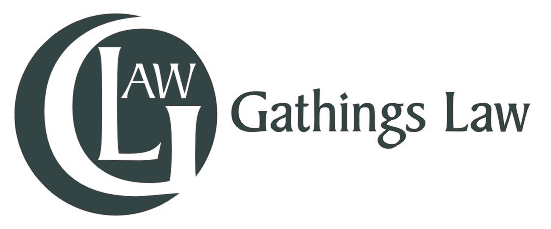Debt is not my thing. Sunsets, football games, breakfast pastries – all these things are way cooler than debt. But as a first-time home-buyer fresh out of law school, a mortgage was inevitable. So I bought ahouse, and I got a mortgage. And then later I did the cool thing. When I came into a little money, I paid off a chunk of outstanding principal, refinanced my mortgage, and reduced my debt.
But I didn’t eliminate it.
I thought about that fact recently when dealing with a case I had been working on. Some clients of mine had taken out a small loan – small in the sense that it paled in comparison to the value of their home. But, not having any other easily pledged collateral close at hand, they took out their small loan against their very valuable suburban home.

When the couple came on hard times, as so many did in the late 2000s, they got behind on their payments. All of the sudden, this happy suburban couple found themselves in a position they were very unhappy to be in.
You can guess what happened next. Banks don’t foreclose on only part of a home. They foreclose on all of it. Though their debt was minuscule compared to the price my clients paid for the property, that property was sold at auction before their very eyes in a matter of weeks.
Foreclosure sales are screwy things too. Football games, sunsets, breakfast pastries – I like these things more than foreclosure sales. But not everyone feels that way. Some real estate investors love foreclosure sales. Sometimes, multiple investors will show up to a foreclosure sale and bid on a house. Other times, the bank is the only bidder present.
And you can count on the bank to be there. They always are. Banks claim that they do not like to own real estate, but I am skeptical. They oftentimes flip real estate for a profit, and from what I am told that is not an entirely unenjoyable experience.
In my clients’ case, the bank was the only bidder at the foreclosure sale. And all it paid for the house was the amount owing on the mortgage, including fees. That amount was maybe 1/31 of the amount my clients had paid for their home.
Alabama has a one year redemption period, during which time a debtor may reacquire his or her foreclosed property by paying the entirety of the outstanding debt and fees, and following other statutory requirements. Once that one year redemption period passed, the bank stood to reap a huge windfall profit. The bank could sell that property for well below its appraised market value, and still obtain twice what they paid for it.
As you can see, when your collateral is worth more than the debt it secures, the lender stands to gain by being strict with the borrower.
In my clients’ case, we were able to exploit some of the bank’s mistakes—I’s they forgot to dot and T’s they did not cross in the foreclosure process—to get them their home back. But that was a very uncommon case. Some recent opinions from Alabama’s federal district courts and the Eleventh Circuit Court confirm that even when the bank pays a shockingly low amount for foreclosed real property, the foreclosure will not be set aside so long as the bank, essentially, dots all its I’s and crosses its t’s in the foreclosure process2. And most banks employ teams of lawyers dedicated to doing exactly that.
Though we were able to get them their house back, my clients surely did not have a fun time going through all this. Occasionally, their experience will pop back into my mind when me and my debt are sitting at home. Usually it’s not while I am watching a football game, eating a breakfast pastry, or seeing the sun melt away in the evening. Those things are so much cooler than debt. But the whole experience does remind me: No matter how little you owe, as long as that mortgage is there, stay mindful of who really owns your home.
1
Roughly. I’m excluding specific percentages and figures to ensure that my clients maintain their anonymity.
2
See, e.g., CS Assets, LLC v. W. Beach, LLC, 370 Fed. Appx. 45, 46 (11th Cir. 2010); and Synovus Bank v. Summerford, 2014 U.S. Dist. LEXIS 162915, *18-21 (N.D. Ala. Nov. 20, 2014).
